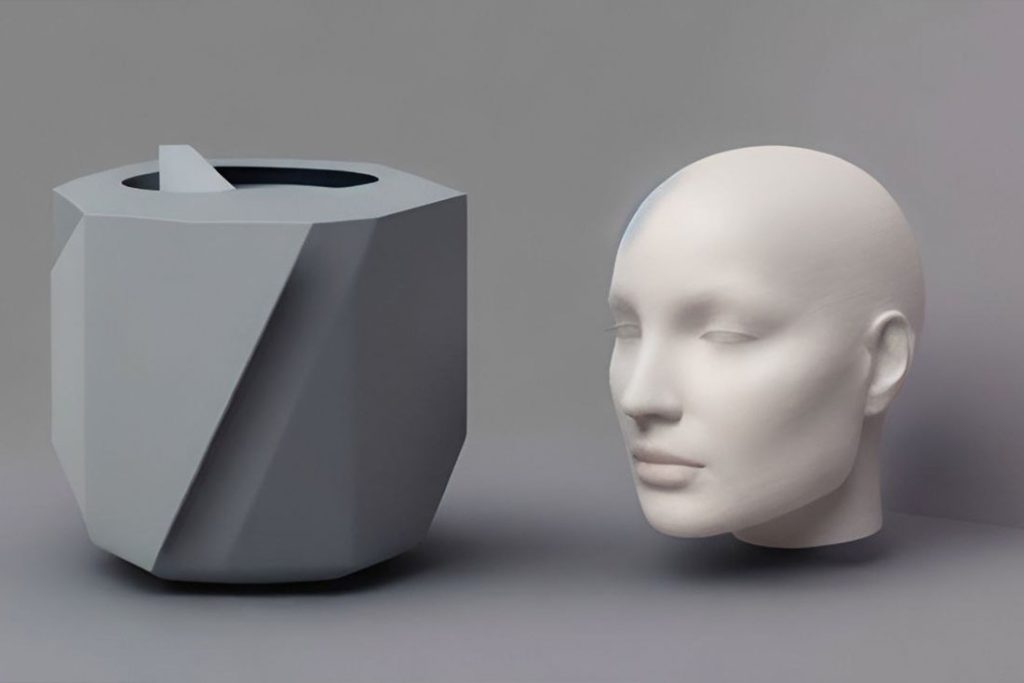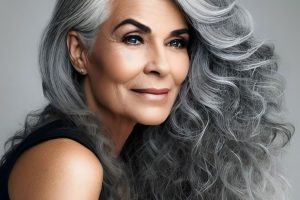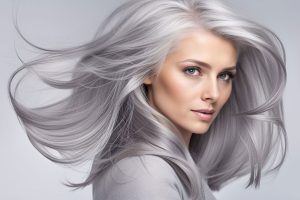Alopecia Universalis: A Comprehensive Guide for Cosmetologists
In the ever-evolving world of cosmetology, professionals encounter a myriad of hair and skin conditions, but none as profoundly life-altering as alopecia universalis. Characterized by a total loss of all terminal hair on both the body and scalp, this condition presents unique challenges for those in the beauty industry. Though the root causes and treatments for alopecia universalis lie in the medical field, cosmetologists can play a vital role in aiding individuals as they navigate the psychological and aesthetic aspects of this condition.

What Is Alopecia Universalis?
Alopecia universalis is the most extreme form of alopecia, resulting in total loss of all body and scalp hair. This includes eyebrows, eyelashes, arm hair, leg hair, and even the fine hairs known as vellus hairs that are barely visible to the eye. It often manifests as a progression from alopecia areata or alopecia totalis but can also appear suddenly with little warning.
The Medical Landscape
Alopecia universalis is an autoimmune disorder, wherein the immune system erroneously targets hair follicles as if they were foreign invaders. The condition is largely idiopathic, meaning its root cause is generally unknown, although genetic predispositions and environmental triggers may play a part.
Role of a Cosmetologist in Managing Alopecia Universalis
The Initial Consultation
- Sensitivity and Discretion: As clients may be hesitant to discuss the emotional toll of this condition, it is essential to approach the topic sensitively and confidentially.
- Educational Resources: Providing booklets or resources about the condition can help your clients understand it better, alleviating some anxieties.
Aesthetic Solutions
- Wigs and Hairpieces: These are the most straightforward solutions for scalp hair loss. They come in various types and qualities, from synthetic to real human hair.
- Head Coverings: Hats, scarves, and wraps are also stylish options that can give clients variety and comfort.
- Cosmetic Alternatives for Eyebrows and Eyelashes: Teach your clients how to use eyebrow pencils and eyeliners to recreate the look of brows and lashes.
- Skincare Regimen: A lack of body hair can make the skin vulnerable to the elements. Cosmetologists can recommend moisturizers, sunscreens, and other skincare products.
Psychological Support
- Empathy: A sympathetic ear and thoughtful advice can go a long way in helping a client cope emotionally.
- Referral System: Keep a list of support groups, therapists, and medical professionals who specialize in treating alopecia universalis or other forms of hair loss.
Professional Limitations
- Medical Referrals: While cosmetologists can offer aesthetic solutions, they cannot provide medical treatments. Recommend that clients consult dermatologists for medical options such as corticosteroids or other immunosuppressive drugs.
Ethical Considerations
It’s crucial to respect your client’s privacy and personal choices. Alopecia universalis affects people deeply, and the decision to wear a wig, scarf, or go bald should be entirely theirs. Your role is to support and facilitate, not dictate.
Conclusion
The role of a cosmetologist in the life of a client with alopecia universalis is complex and multi-dimensional. While the condition may seem overwhelming, well-informed and sensitive cosmetologists can offer invaluable support. Whether it’s advising on aesthetic solutions like wigs and cosmetics, providing emotional support, or knowing when to refer the client to medical professionals, a cosmetologist can make a significant difference in a client’s journey through this challenging condition.







